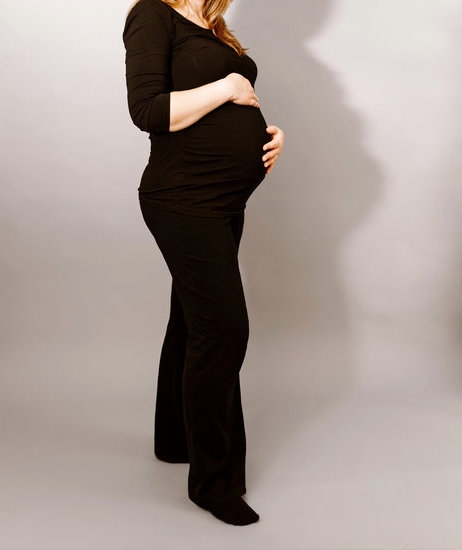**What Happens in the First Month of Pregnancy?**
Navigating through a pregnancy can seem like a maze at times. With a dozen different things to consider, from lifestyle and nutrition to doctor visits, the journey from conception to birth is one that can be filled with confusion and anxiety. To help make this process a little easier, let’s explore what happens during the first month of pregnancy, what’s happening with your body, as well as how to stay healthy and comfortable during this often-tumultuous time.
**What are the Changes to my Body?**
During the first month of pregnancy, your body will be undergoing some major changes. From the onset of the menstrual cycle to the fertilization of the egg and beyond, this period of pregnancy is characterized by big hormonal and physical adjustments. Here are some of the most common changes your body will go through during this time:
* Increased hormone production: During the first month of pregnancy, your body will quickly begin to produce increased amounts of hormones, like estrogen and progesterone, to help your body prepare for the changes that are to come.
* Implantation of the Fertilized Egg: Around week two or three of pregnancy, the fertilized egg, or zygote, will start to implant itself in your uterus.
* Nausea and vomiting: It’s very common to experience nausea, vomiting, and food aversions during the first month of pregnancy. This often begins around the fourth to sixth week, and should subside after the first trimester.
* Tender breasts: Your breasts may become tender during the first month of pregnancy, as your body is getting ready for breastfeeding.
* Increased fatigue: Hormonal fluctuations can make you feel more tired during the first month of pregnancy.
**Staying Healthy in the First Month of Pregnancy**
Navigating through your first month of pregnancy can include more than just physical changes. Here’s what you can do to ensure a healthy pregnancy.
* Watch your diet: Eating healthy foods is essential for both mom and baby during pregnancy. Eating leafy greens, lean proteins, and complex carbohydrates should fill up a good chunk of your daily diet. You can check out the Institute of Medicine’s Dietary Reference Intake guidelines for further details.
* Exercise regularly: Exercise and physical activity should be encouraged during pregnancy, as long as it’s within the recommended limits based on your healthcare provider’s advice. Exercise can help build strength and support the increased demands on your body during pregnancy.
* Sleep: Get plenty of rest! Taking the time to rest and recharge can help your body handle the demands and stress of pregnancy, and ensure your mental wellbeing is taken care of.
* Connect with a healthcare provider: Make sure you have access to a quality healthcare provider during your pregnancy. They can help answer any pregnancy related questions, provide support and monitor your health throughout your journey.
Being pregnant can be an incredible experience, and navigating through the physical and mental changes of pregnancy starts from the first month. Knowing what’s happening in your body and taking steps to stay healthy during this time will help ensure a successful and healthy pregnancy journey.

Welcome to my fertility blog. This is a space where I will be sharing my experiences as I navigate through the world of fertility treatments, as well as provide information and resources about fertility and pregnancy.





